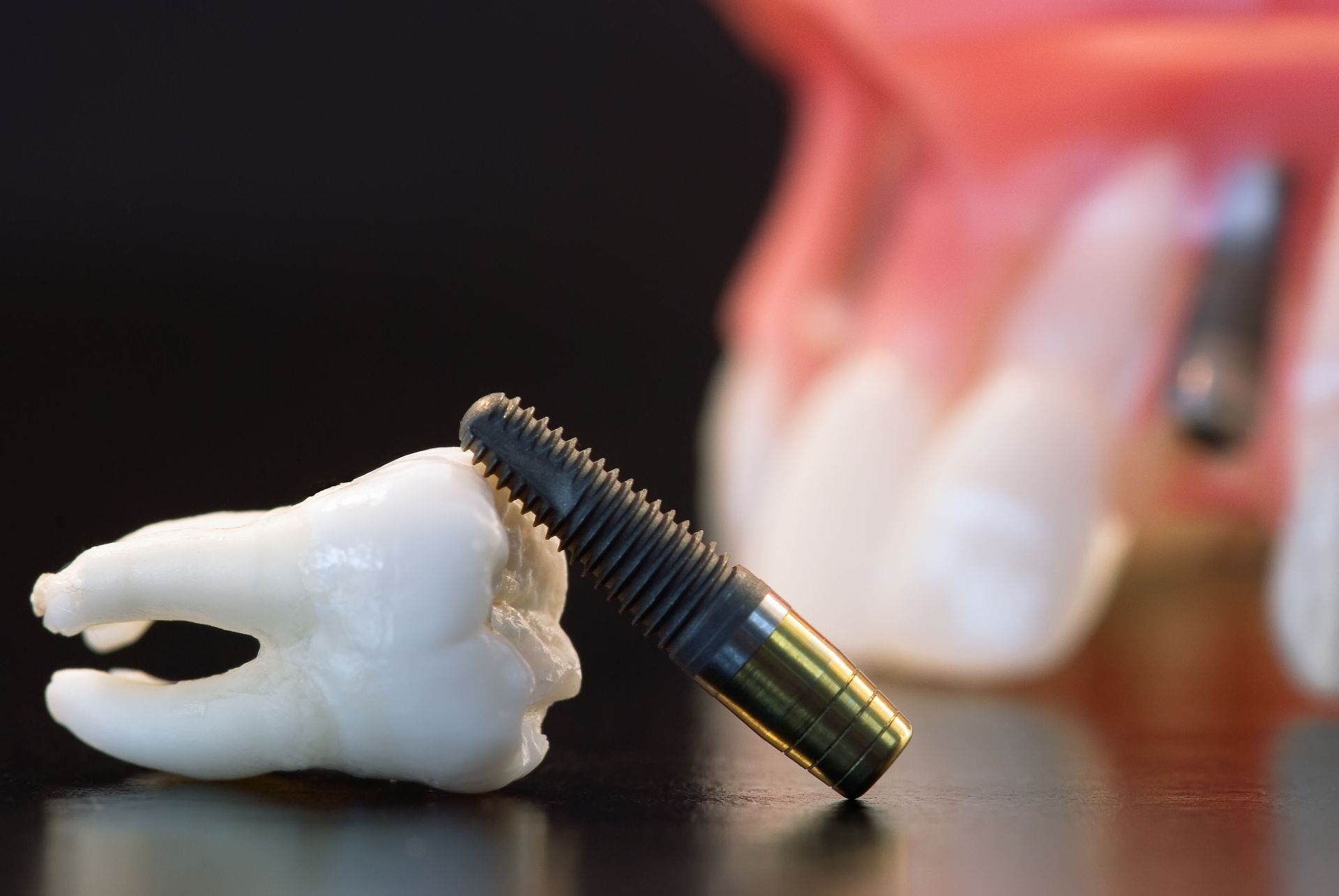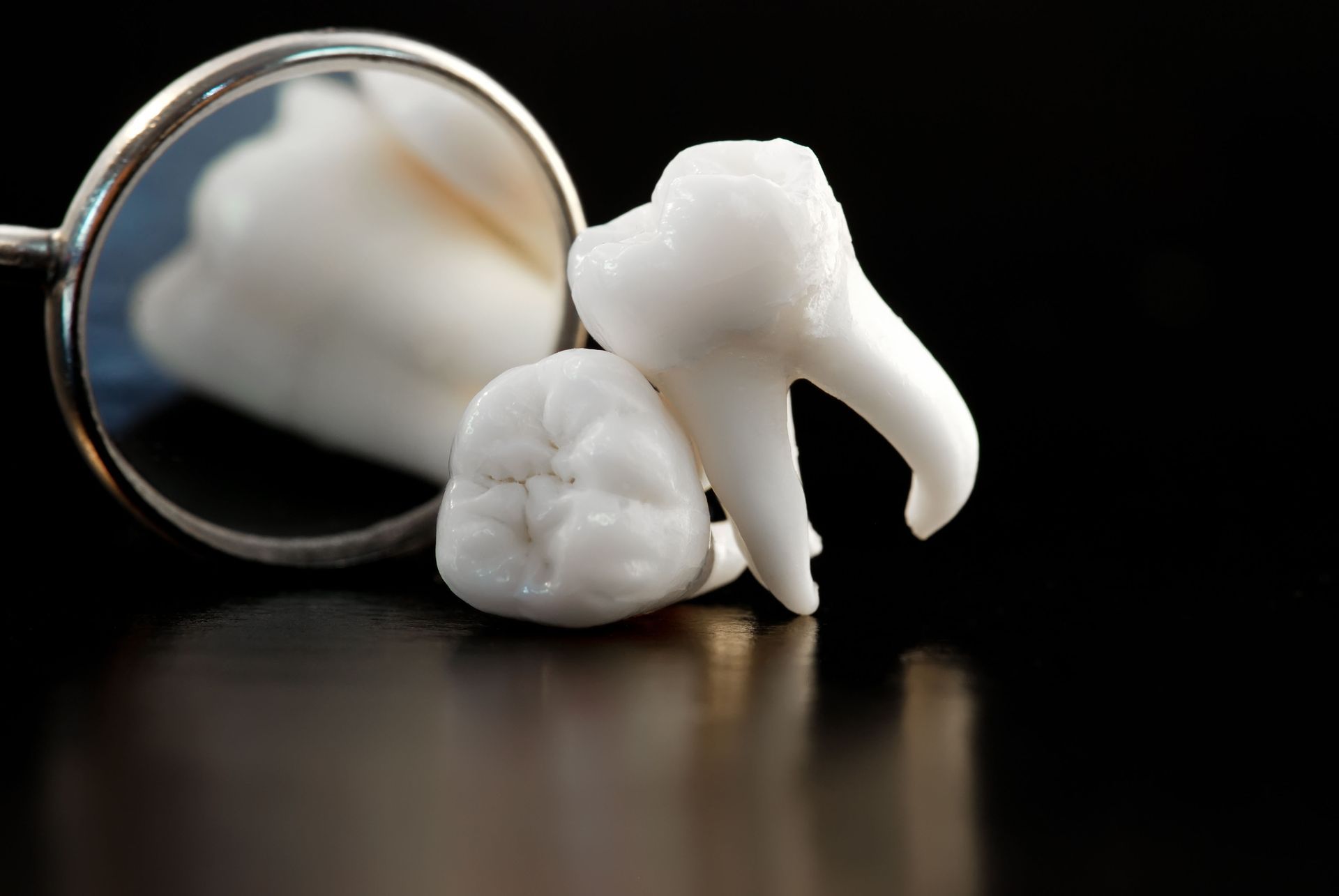The Dental Implant Procedure: What to Expect Before and After
This comprehensive guide walks you through the dental implant procedure, from preparation to recovery. By understanding each stage, you will know exactly what to expect before and after surgery, helping you prepare physically, mentally, and financially for this life-changing treatment. Implants are not only about replacing missing teeth, they are about restoring full function, protecting jaw health, and bringing back the confidence that comes with a strong, healthy smile.
Understand What Dental Implants Are
Implants are artificial tooth roots made from titanium or zirconia that are surgically placed into the jawbone. They serve as durable foundations for replacement teeth and mimic the natural function of real teeth. Through a process called osseointegration, these implants fuse with the bone, ensuring stability and comfort. Unlike dentures or bridges, implants are permanent, natural-looking, and require no alteration to surrounding teeth. Advances in dental technology have made them a preferred solution for restoring smiles and improving oral health, even in patients who have been missing teeth for years.
Explore the Different Types of Dental Implants
Various types of implants are available to meet different needs. Endosteal implants are the most common, inserted directly into the jawbone. Subperiosteal implants rest on top of the bone beneath the gums, while zygomatic implants are used when there is insufficient upper jawbone for traditional placement. Mini implants are smaller in diameter and are ideal for patients with less bone mass or those who prefer a less invasive procedure. Your dentist will help determine the right option based on your jawbone health, bite alignment, and aesthetic goals. In some cases, advanced digital imaging and guided surgery techniques are used to ensure precision placement and optimal results.
Recognize the Benefits of Dental Implants
Implants provide a natural look and feel, restore full chewing ability, and prevent jawbone loss that typically occurs after tooth loss. They help maintain facial structure and protect surrounding teeth by eliminating the need to grind down neighboring enamel, as with bridges. Unlike removable dentures, implants remain secure during eating and speaking, offering a sense of stability and confidence. While the initial investment may be higher than dentures, the longevity and low maintenance make implants a cost-effective choice in the long run. Many patients report that implants have improved their quality of life by allowing them to eat more comfortably, smile without hesitation, and maintain better oral health overall.
Be Aware of Potential Risks
As with any surgical procedure, there are risks to implants. These include infection, nerve injury, sinus complications for upper implants, or implant failure if osseointegration does not occur properly. Choosing an experienced dentist or oral surgeon, addressing existing oral health issues like gum disease, and following both pre- and post-surgical care instructions can greatly reduce these risks. Regular monitoring during the healing process ensures any potential problems are addressed early.
Compare Implants to Other Tooth Replacement Options
Compared to dentures and bridges, implants offer superior comfort, function, and aesthetics. Dentures can slip, cause gum irritation, and require messy adhesives, while bridges may require altering healthy teeth. implants, however, function like natural teeth and can last decades with proper care. They also help preserve bone health and prevent the facial collapse that sometimes occurs with long-term denture use.
Prepare for the Dental Implant Procedure
Preparation begins with a comprehensive consultation that includes X-rays or 3D scans to assess jawbone health and tooth structure. Your dentist will review your medical history, discuss your treatment goals, and create a personalized plan. In some cases, preliminary treatments such as bone grafting or sinus lifts may be necessary to create a strong foundation for the implant. Addressing any gum disease or decay before implant placement is also essential to ensure long-term success.
Plan Financially for Your Dental Implants
Implants are an investment in both oral health and overall quality of life. While some insurance plans may cover portions of the procedure, others may not. Many dental practices offer flexible financing options to help make treatment more affordable. Planning ahead financially ensures you can focus on recovery rather than stress about payment during your treatment process.
Follow Pre-Surgical Instructions
Before your procedure, your dentist may advise fasting for several hours, especially if sedation or general anesthesia will be used. Maintaining excellent oral hygiene leading up to surgery helps reduce infection risk. In some cases, antibiotics may be prescribed beforehand. Preparing mentally is just as important, ask all your questions in advance so you feel confident going into surgery.
Know What to Expect on Surgery Day
On the day of surgery, arrive well-rested and have someone available to drive you home. You will review your anesthesia options, which may include local anesthesia, sedation, or general anesthesia. The procedure involves making a small incision in the gums, drilling into the jawbone, placing the implant post, and closing the gums with stitches. In some cases, a temporary crown may be placed for appearance until the permanent restoration is ready.
Recover with Proper Post-Surgery Care
Recovery typically involves mild swelling, bruising, and discomfort for the first few days. Pain can be managed with medication, ice packs, and rest. Your dentist will provide guidelines for cleaning your mouth and caring for the surgical site. Following these instructions closely helps prevent infection and promotes faster healing. Avoid strenuous activity for a few days to allow your body to focus on recovery.
Adapt Your Diet During Recovery
Soft, nutrient-rich foods such as yogurt, smoothies, soups, and mashed vegetables are recommended during the initial healing phase. Avoid hard, crunchy, or sticky foods that could disturb the implant site. Staying well-hydrated and eating a balanced diet rich in vitamins and minerals supports bone health and recovery. As healing progresses, your dentist will guide you on when you can return to your normal diet.
Maintain Oral Hygiene While Healing
Good oral hygiene is critical to the success of implant's. Gently brush your teeth, avoiding the surgical area at first, and use a saltwater rinse to keep your mouth clean. This helps prevent peri-implantitis, a type of gum disease that can cause implant failure. Over time, resume your regular brushing and flossing routine, incorporating any special cleaning tools your dentist recommends for implants.
Watch for Warning Signs
While some discomfort is normal, persistent pain, excessive swelling, or prolonged bleeding should be reported to your dentist immediately. Catching potential complications early can prevent implant failure and ensure the best long-term results.
Commit to Follow-Up Appointments
Follow-up visits are essential for monitoring healing and ensuring the implant integrates properly with your jawbone. Once osseointegration is complete, your dentist will attach the abutment and crown to restore full function and appearance. These visits are also a good time to discuss any concerns and review your ongoing care plan.
According to Colgate individuals with a higher risk of cavities, gum disease, or other oral health issues may need to visit the dentist more frequently, potentially every 3 to 4 months. Regular checkups are crucial not only for implant success but also for maintaining overall oral health and catching problems early before they escalate.
Protect Your Dental Implants Long-Term
Daily brushing, flossing, and regular professional cleanings are key to keeping implants healthy. Avoid smoking, as it slows healing and increases the risk of implant failure. Wearing a mouthguard during sports and avoiding chewing on hard objects like ice or pens will also protect your investment.
Adjust to Life with Dental Implants
Most patients adjust to implants quickly, enjoying improved chewing ability, clearer speech, and greater confidence. The restored smile can have a positive impact on both personal and professional life, making the procedure well worth the investment. With proper care, implants can last for decades and feel just like your natural teeth.
The Implant procedure is a proven, reliable solution for replacing missing teeth and improving oral health. By understanding each step from preparation to recovery, you can approach treatment with confidence and achieve long-lasting results. Contact Dental Services in Pearland, TX today to schedule your consultation and take the first step toward your new, confident smile.




Share On: